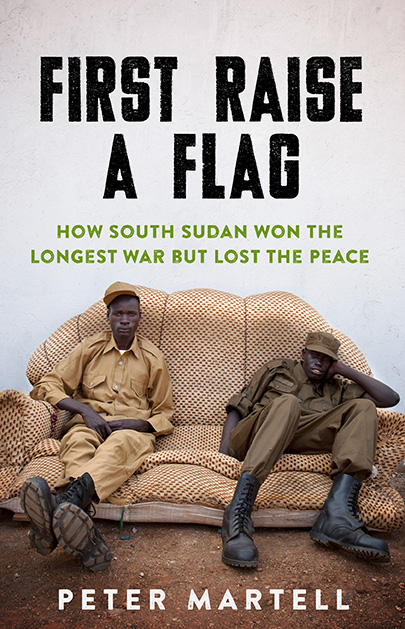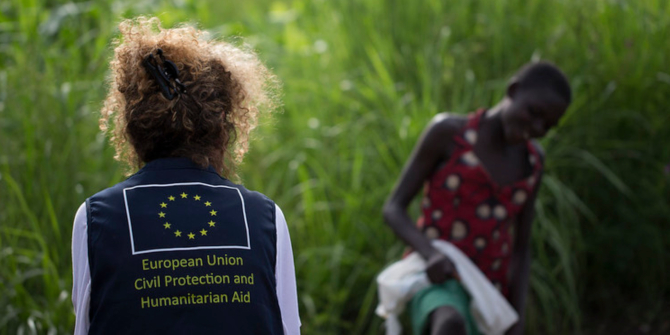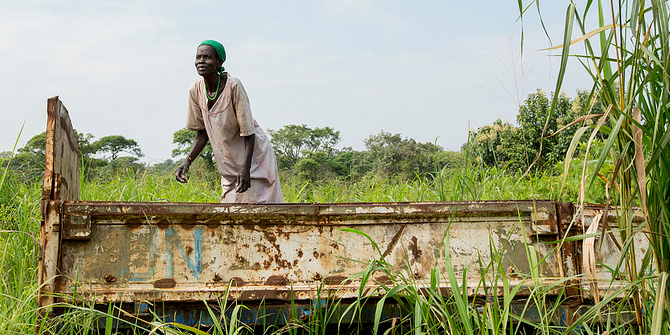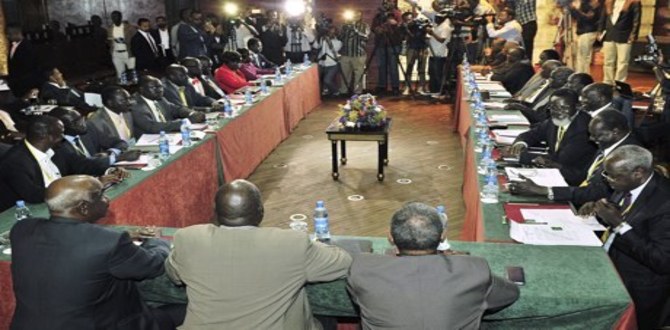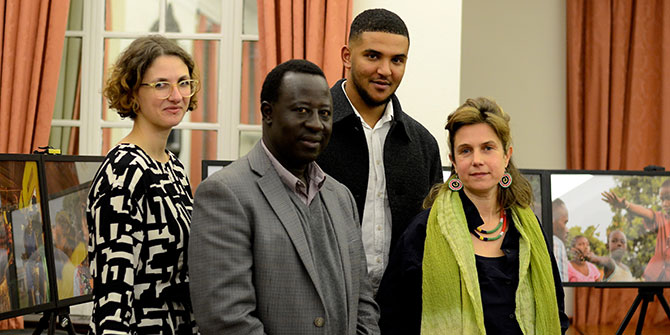Scholars have struggled to make sense of events in South Sudan since gaining independence, with the causes of the civil war and its aftermath fiercely contested. A journalistic contemporary history might be the most effective way to capture the world’s newest state, able to evoke the long arc of South Sudanese history alongside interviews with the recent conflict’s key players.
There has been something of an explosion of books on South Sudan in the last year, with perhaps half a dozen different titles either currently or nearly published. In part, this is the time-lagged result of an attempt to make sense of what went wrong after the country gained independence in 2011. Did the international community fail, in its hubris, to build a country with all its initial surety? Did South Sudan’s leaders, flush with oil wealth, betray the country out of sheer venality? Or is it another instance of a war-of-resistance military failing to make the transition to transparent democratic politics?
This is the moment Peter Martell is trying to understand in First Raise a Flag: How South Sudan Won the Longest War but Lost the Peace. Martell has spent over a decade living in and reporting on South Sudan, from its independence right up to and past the ‘formal’ outbreak of a civil war that caused the continent’s largest displacement of people since the Rwandan genocide. As a longtime journalist in the country and later as AFP’s East African bureau chief, Martell skillfully weaves together personal experiences of working in South Sudan during key moments in its post-independence history with detailed stories from people intimately involved in the country’s earlier war with Sudan, its later war with itself, and many moments in between.
The extent of Martell’s dedication to telling the story of the country’s independence, and subsequent dysfunction, is impressive. It would be easy to have written a book full of war stories by international interveners, diplomats and Nairobi expatriates and exiles. Instead, Martell tracks down the soldiers who fired the first shots in the Bor Rebellion, the Israeli commando responsible for training and equipping South Sudanese forces in their war of independence, and many more men and women who helped build, were preyed on by, and continue to work for the country’s future.
The result is a journalist’s history of South Sudan, told largely through sequences of vignettes of those who lived through (and were occasionally responsible for) major moments in South Sudanese history. First Raise a Flag invites comparisons to other such contemporary-histories-written-by-journalists of places like the Democratic Republic of Congo or Rwanda. This style – marked by a meticulous eye for human detail, and the ability to teach and anger the reader simultaneously – is one that First Raise a Flag executes well.
Beginning with the euphoria of independence, Martell jumps back to South Sudan’s pre-colonial history, and takes the reader on a journey through the long arc of South Sudanese history up to the present. As a result, on arriving at the breakdown of the state around 2013, one cannot help but feel angry at the sheer injustice of the betrayal of a dream so long and so difficult in the making. In places, the book is not easy reading. Martell doesn’t shy away from or euphemise the violence of the country’s wars, and on finishing the final pages, I found myself sitting in an angry silence which immediately recalled a memory of reading Adam Hochschild’s King Leopold’s Ghost many years ago.
It’s a history from the ground that will leave you angry and a little haunted. And given the ocean of otherwise technocratic reports on South Sudan with statistics that fail to capture what a dream imploding feels like, that’s just about the highest praise I can give.
First Raise a Flag: How South Sudan Won the Longest War But Lost the Peace by Peter Martell is published by Hurst Publishers.
Photo: UNMISS peacekeepers for the World Food Programme drops parcels in Bentiu. Credit: UN Photo/Isaac Billy.


